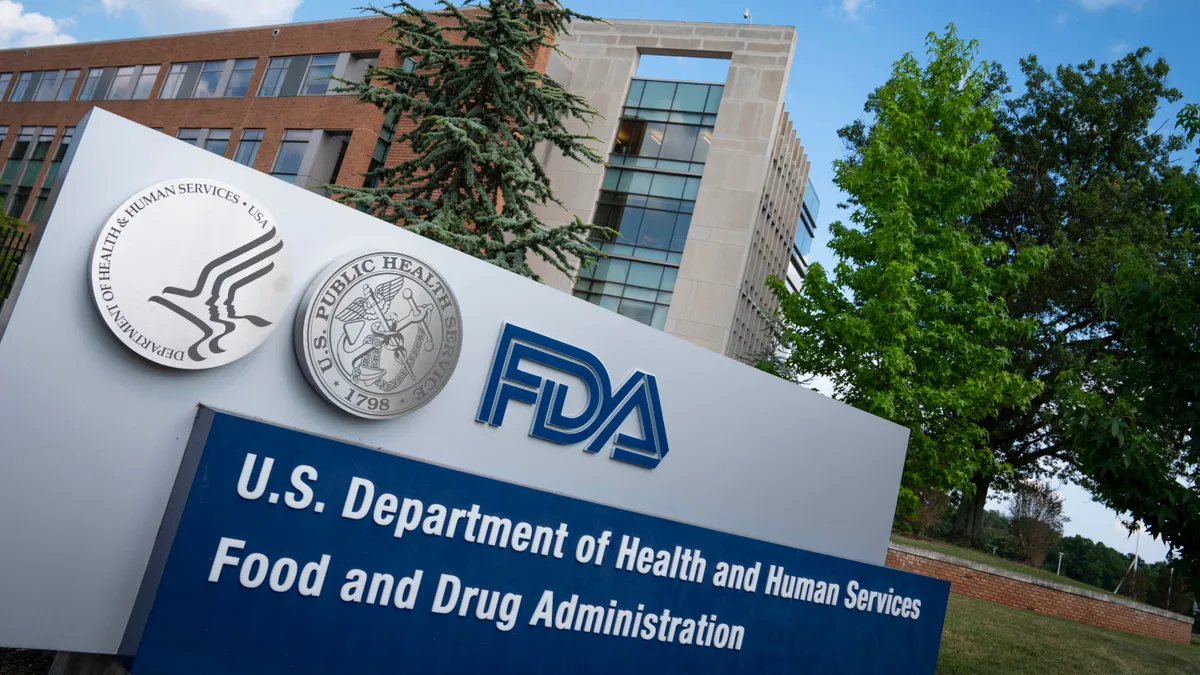Dive Brief:
- The Food and Drug Administration will expand its total product life cycle advisory program (TAP), the agency said Monday.
- Officials plan to start accepting radiological and ophthalmic medical devices into the program in October. The FDA has committed to adding orthopedic devices to TAP on Jan. 1, 2025.
- The expansion builds on work to test the program using cardiovascular and neurological devices. The FDA said it has enrolled 46 breakthrough-designated devices in TAP and is meeting its Medical Device User Fee Amendments (MDUFA) goals.
Dive Insight:
The FDA created the TAP program to help speed the development of innovative medical devices and technologies considered critical to public health. TAP provides “early, frequent and strategic communications” with the FDA and facilities communications with device developers and third parties.
The agency set goals for the program in its MDUFA V commitments. Officials initially faced opposition to TAP from industry representatives, who told the FDA they had a “fundamentally different view of the MDUFA program and its purposes” while negotiating the agreement. However, the industry ultimately agreed to pilot TAP during MDUFA V.
The FDA began the pilot in October 2022 and expanded it to cover neurological devices one year later.
On Oct. 1, the Office of Radiological Health and Division of Ophthalmic Devices will join TAP, doubling the number of units involved in the program. The Office of Orthopedic Devices will join on Jan. 1, 2025.
Adding the offices and divisions to the program will keep the FDA on track to meet the goals it agreed to in MDUFA V. The agreement calls for the FDA to expand the program to include at least four offices in fiscal 2025, which starts on Oct. 1, and enroll up to 65 additional products in TAP that year.
The FDA has enrolled 46 breakthrough-designated devices across the first two offices involved in TAP. As part of MDUFA V, the agency agreed to enroll up to 60 products by the time its 2024 fiscal year ends on Sept. 30.
Jeff Shuren, director of the FDA’s Center for Devices and Radiological Health, said in a statement about the expansion that the agency is meeting all its MDUFA goals.
The FDA has “recruited numerous subject matter experts to support TAP,” Shuren said, and is facilitating interactions between device developers and third parties that can offer input on topics such as technology adoption and reimbursement.










